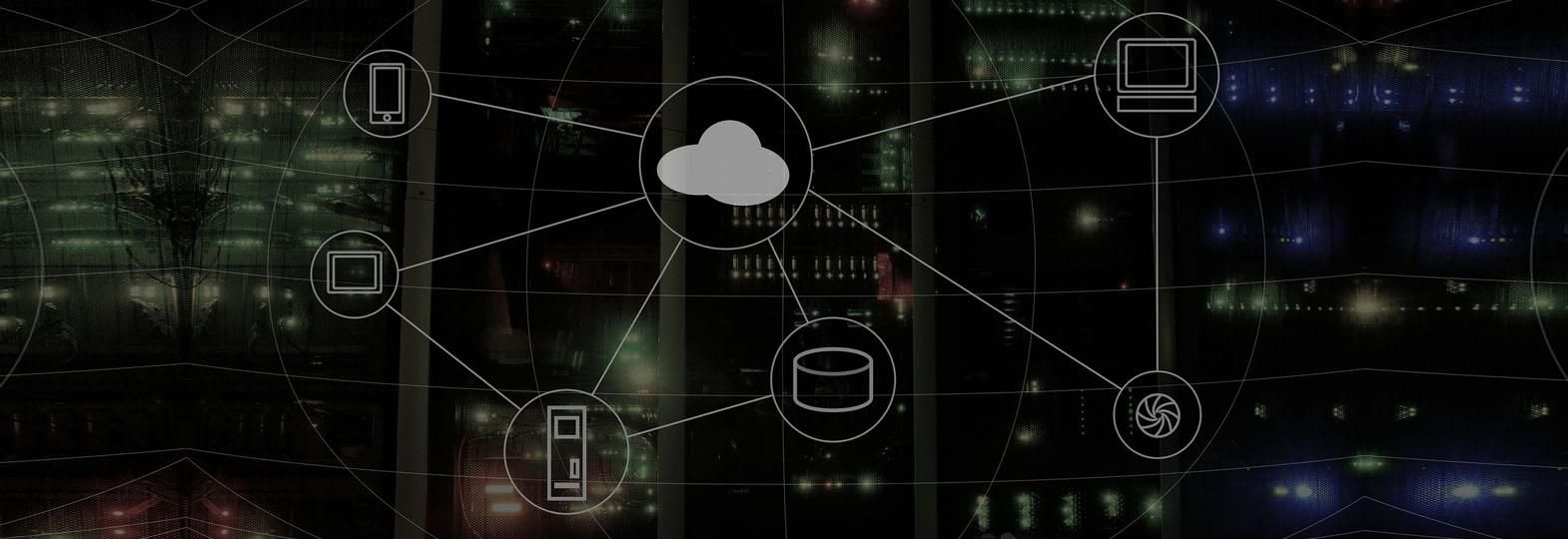Imagine a situation where you are browsing your favourite fashion retail website, getting personalised recommendations and seamless transitions between devices – all while celebrating an eco-conscious shopping experience. Sounds too good to be true?
Well, not anymore! Thanks to hybrid cloud computing, this scenario is becoming a reality. The fashion and apparel industry is being transformed by hybrid cloud technology in ground-breaking ways – from providing strengthened data security to supporting sustainability initiatives.
So, let us explore how this powerful tech innovation is reshaping the world of fashion retail right before our eyes!
Will Provide Strengthened Data Security
Data security plays a critical role in the fashion and apparel retail industry, particularly when it comes to protecting sensitive information like customer data and design intellectual property (IP). In this context, hybrid cloud computing will offer robust security measures that can help retailers achieve holistic hybrid cloud observability while safeguarding their valuable data.
One of the foremost benefits of adopting a hybrid cloud strategy for data security is its ability to separate sensitive information from public-facing systems. By keeping critical data on private cloud infrastructure and using the public cloud for less-sensitive operations, fashion retailers add an extra layer of protection against potential breaches.
Moreover, hybrid cloud environments offer advanced encryption techniques that can further secure sensitive information throughout the entire data lifecycle – whether it is in transit between systems or at rest within storage facilities. This feature ensures that information remains protected and unintelligible to intruders.
Will Optimise Supply Chain
By connecting suppliers, manufacturers, distributors, and retailers on a single platform, the hybrid cloud promises improved communication, greater transparency, and increased efficiency throughout the entire process.
One way it will enhance supply chain operations is by streamlining communication channels across multiple stakeholders. This will enable each party to easily share vital information such as production status updates or shipment tracking details in real-time, resulting in faster decision-making and more accurate planning.
Furthermore, it will allow for better visibility into supplier performance metrics like lead times and product quality. By being able to quickly identify areas for improvement or potential bottlenecks in the procurement process, fashion retailers can work closely with their partners to enhance overall efficiency within their supply chains.
Accelerated Product Development
Fashion retailers are always on the lookout for new ways to innovate and stay ahead of ever-changing consumer trends, and that’s where hybrid cloud technology can make a significant impact.
By incorporating hybrid cloud solutions into their business model, fashion brands will accelerate product development processes while creating products that cater to market demands. For instance, design teams can harness the power of advanced data analytics tools to quickly analyse large sets of data.
Armed with this valuable insight, fashion designers will create new products that align with consumer expectations while anticipating upcoming consumer trends. This will result in a more agile approach to product development – which reduces time-to-market timelines – and gives fashion brands a competitive edge.
Will Improve Inventory Management
Hybrid cloud computing has the potential to revolutionise inventory management in fashion and apparel retail by providing real-time tracking, monitoring, and accurate analysis of stock levels. One significant advantage hybrid cloud solutions offer is the ability to gather large amounts of data from various sources.
By seamlessly integrating this data into a centralised platform, retailers will gain better visibility into their stock levels across all locations. This will enable them to make informed decisions when replenishing items or moving products between stores.
In addition, by analysing historical sales data alongside emerging market trends and consumer purchasing behaviour, AI-powered tools can forecast future sales with remarkable precision. Retailers can then use these projections to fine-tune their inventory levels and ensure they have the right products available at the right time.
Enhanced Customer Experience
With hybrid cloud computing, the fashion and apparel industry has a secret weapon to give customers an amazing experience. It brings personalised services, seamless shopping across different channels, and spot-on promotions to the table.
Imagine being able to gather tons of data on what customers like from online browsing history or even their social media interactions. This helps retailers build detailed customer profiles so they can suggest products tailored to individual preferences.
Hybrid cloud computing also makes it super easy for retailers to connect their online stores, mobile apps, and physical stores altogether. That means customers can enjoy smooth sailing while switching between channels as they shop. Picture browsing through a retailer’s website for some cool outfits and then popping over to your local store to try them on – that’s the dream!
Sustainability Initiatives Support
Hybrid cloud computing is here to help and can actually support sustainability initiatives within the fashion and apparel retail sector. One keyway is by optimising resources and reducing waste across entire supply chains.
Thanks to the powerful data analytics tools provided by hybrid cloud solutions, retailers can track their inventory levels more efficiently and make smart decisions about production quantities – meaning fewer leftover clothes ending up in landfills.
And let us not forget energy efficiency: utilising hybrid cloud infrastructures means a reduction in physical server usage since many applications run in the cloud. This can significantly lower energy consumption for fashion businesses overall.
As you can see, fashion and apparel retail is just going to keep on getting better, thanks to hybrid cloud technology.








Comments